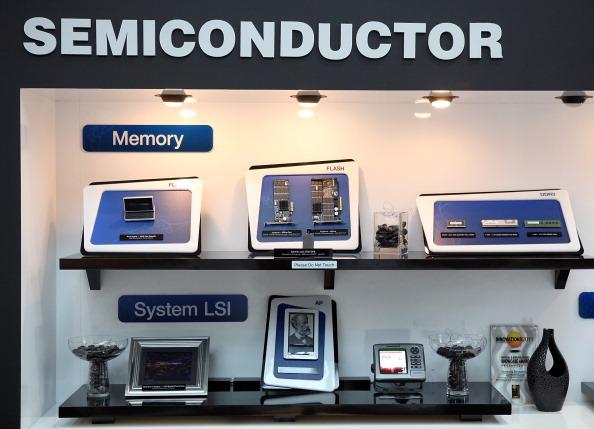A Chinese court has temporarily halted a U.S. memory chip maker from selling its semiconductor products in China, a move that could further intensify the ongoing trade dispute between Beijing and Washington.
The Fuzhou Intermediate People’s Court, located in southern China’s Fujian Province, issued a preliminary sales injunction against Micron, the world’s largest manufacturer of memory chips, claiming that the company violated patents held by Taiwanese chip manufacturer, United Microelectronics (UMC).





